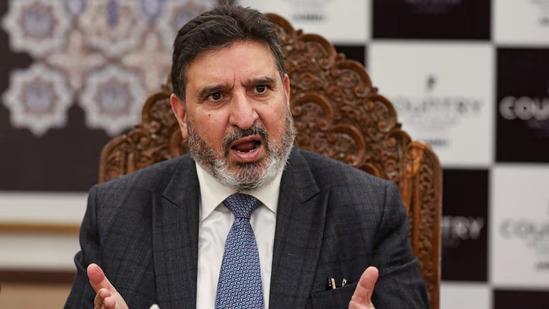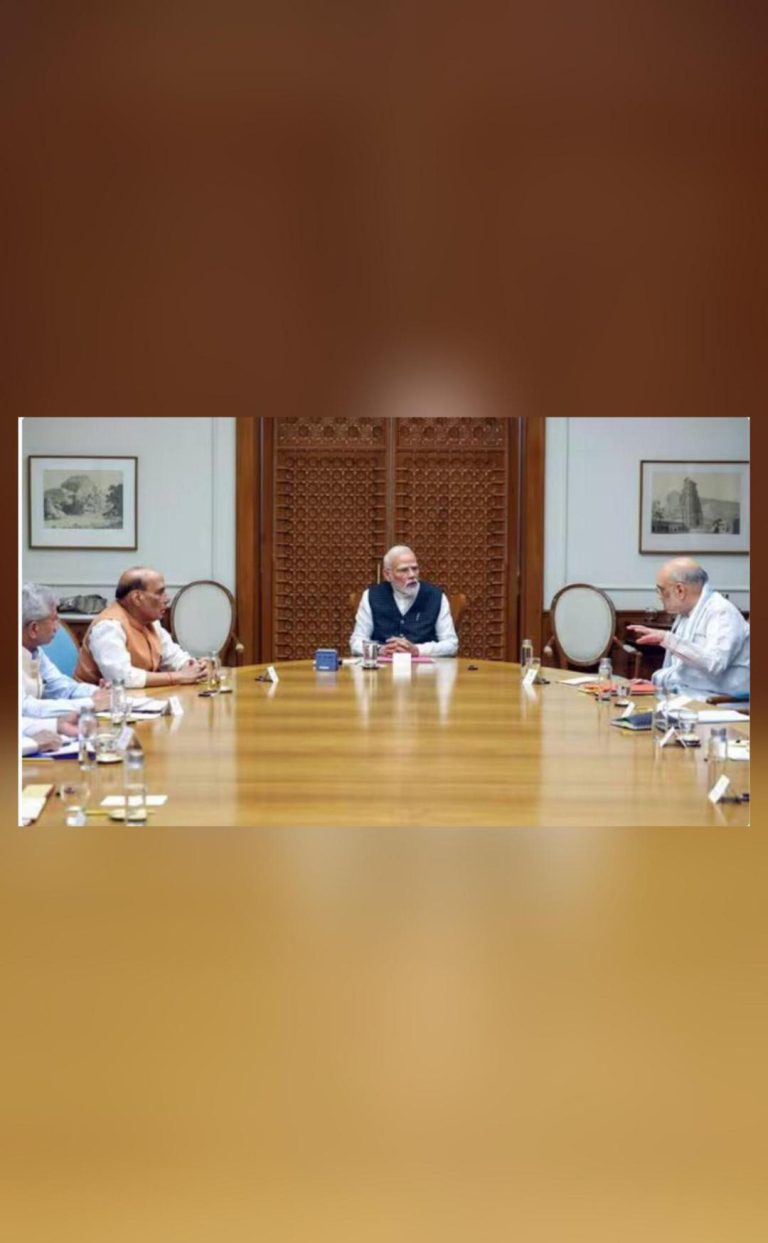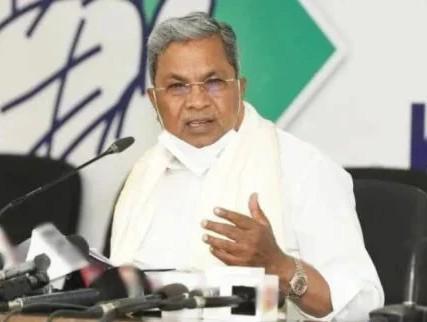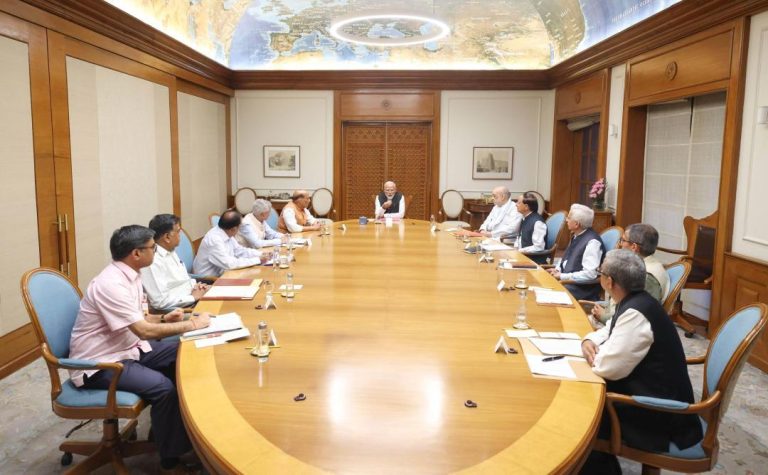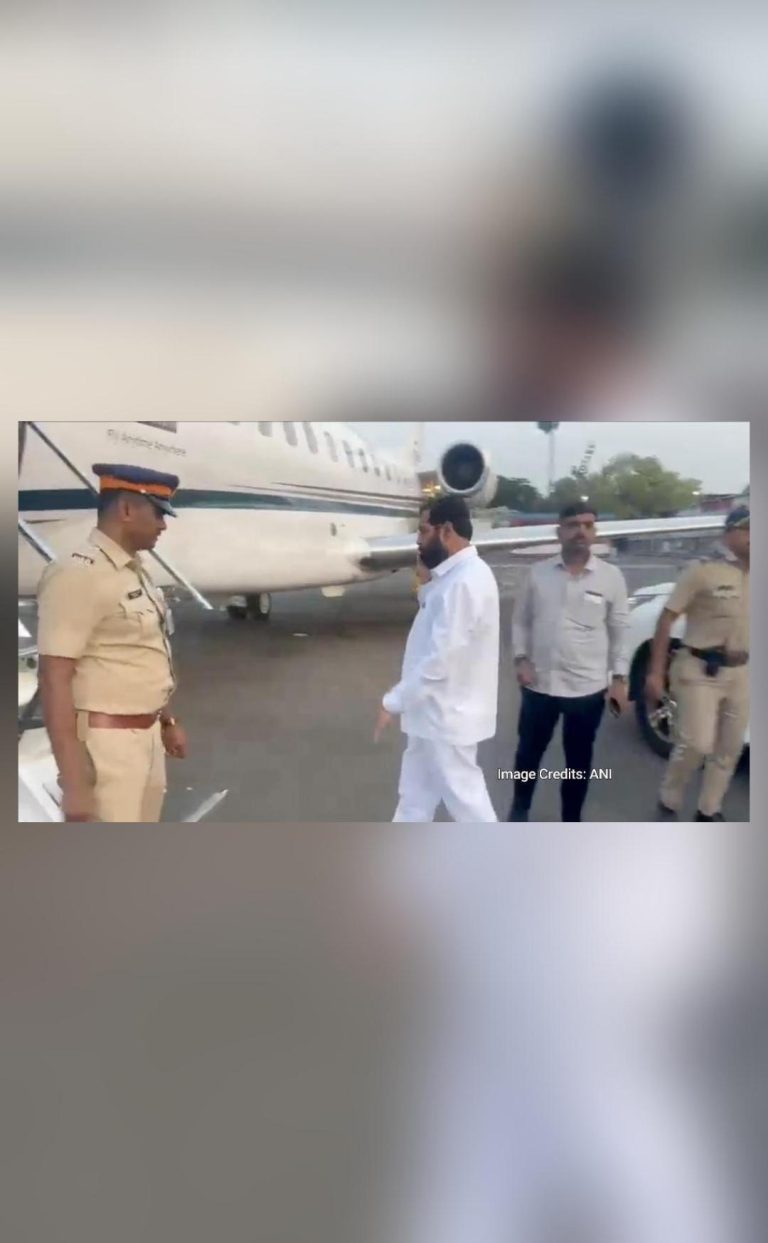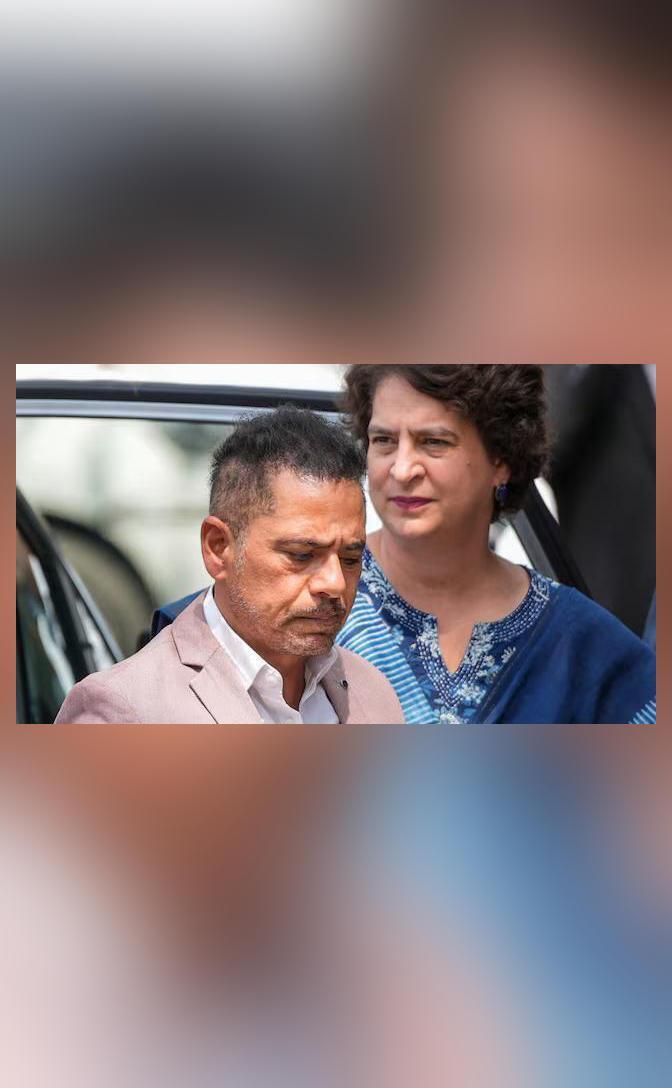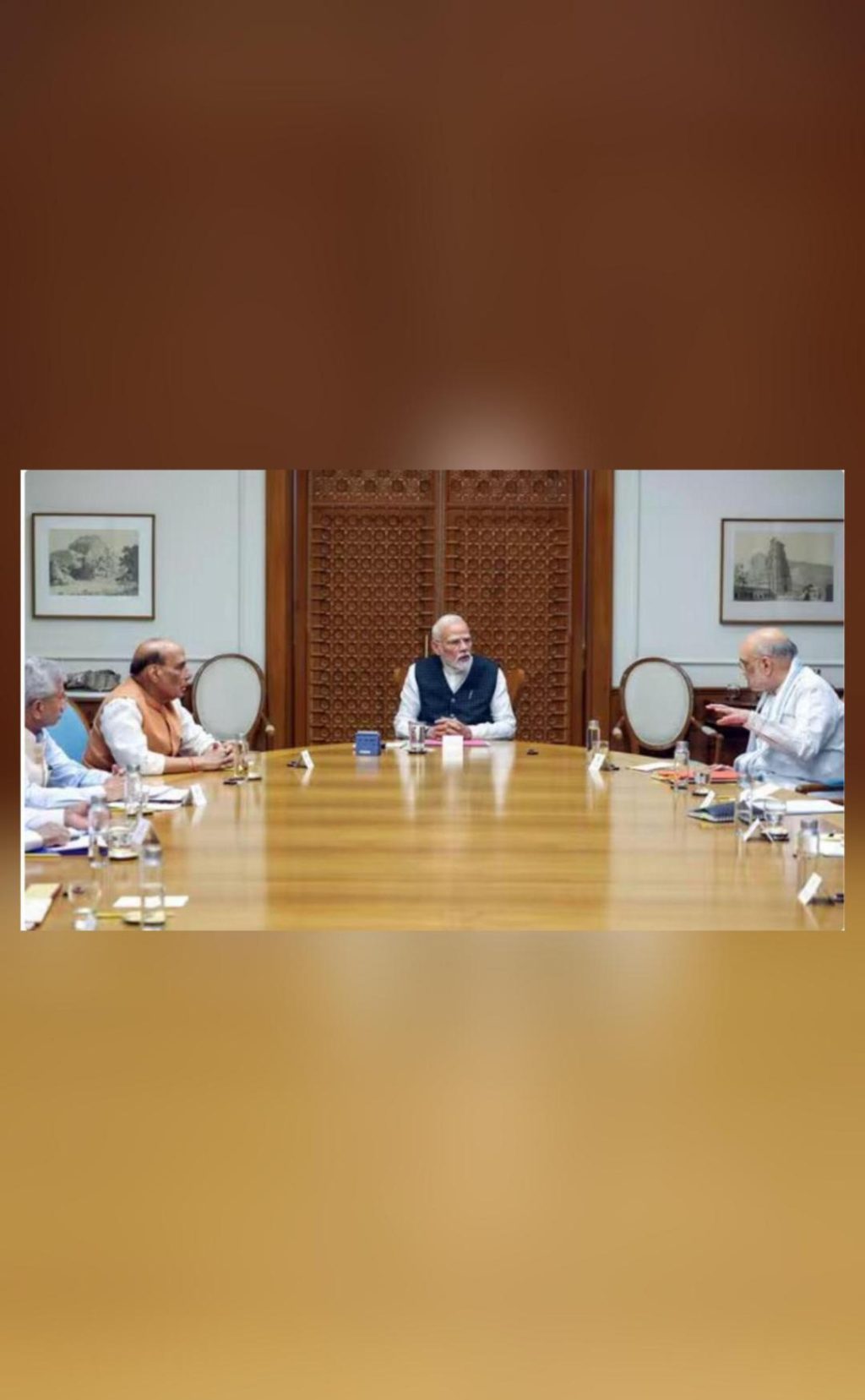
Govt calls all-party meet on Thursday after 26 killed in J&K terror attack
In the wake of a devastating terrorist attack in Jammu and Kashmir’s Pahalgam, the Indian government has called an all-party meeting on Thursday to discuss the issue and chart a way forward. The attack, which took the lives of at least 26 people, has sent shockwaves across the country, and the government is keen to ensure that all parties are on the same page to tackle the situation.
According to sources, Home Minister Amit Shah and Defence Minister Rajnath Singh will attend the meeting and engage with leaders from various parties to discuss the attack and the government’s response to it. The meeting is expected to be a crucial one, as it will provide a platform for parties to share their concerns and suggestions on how to deal with terrorism in the region.
The terrorist attack in Pahalgam on Tuesday was one of the deadliest in recent years, and it has left the nation in a state of grief and outrage. The attack, which involved a group of terrorists targeting a bus carrying tourists, has raised questions about the security measures in place in the region and the government’s ability to protect its citizens.
The government’s decision to call an all-party meeting is seen as a significant gesture, as it acknowledges the need for a collective approach to tackle the issue of terrorism. The meeting will provide a platform for parties to discuss the attack and the government’s response to it, and to come up with a joint strategy to deal with the situation.
The attack in Pahalgam is not the first one in the region, and it is part of a larger pattern of violence that has been plaguing Jammu and Kashmir for years. The region has been facing a insurgency led by various militant groups, including the Hizbul Mujahideen, the Lashkar-e-Taiba, and the Jaish-e-Mohammed, among others. These groups have been involved in a series of attacks on security forces, civilians, and tourist targets, and have caused significant harm and destruction.
The attack in Pahalgam has also raised concerns about the safety and security of tourists in the region. The tourist industry is a significant contributor to the economy of Jammu and Kashmir, and any attack on tourists can have far-reaching consequences. The government has been working to ensure the safety of tourists in the region, and the attack in Pahalgam is a wake-up call for it to review its security measures and take necessary steps to prevent such attacks in the future.
In addition to the all-party meeting, the government has also taken several other measures to deal with the situation. The Integrated Check Post at the Attari-Wagah border in Punjab’s Amritsar has been closed, and security forces have been deployed in the region to maintain law and order. The government has also launched a manhunt to track down the terrorists involved in the attack and bring them to justice.
The attack in Pahalgam has also raised questions about the role of Pakistan in fomenting terrorism in the region. Pakistan has been accused of supporting and financing militant groups in Jammu and Kashmir, and the attack in Pahalgam is seen as a clear evidence of its involvement. The government has been demanding that Pakistan take concrete action against terrorist groups operating from its soil, and the attack in Pahalgam is a reminder of the need for it to do so.
In conclusion, the terrorist attack in Pahalgam is a grave reminder of the threat posed by terrorism in Jammu and Kashmir, and the need for a collective approach to deal with it. The government’s decision to call an all-party meeting is a significant step in this direction, and it is hoped that the meeting will provide a platform for parties to come up with a joint strategy to tackle the issue of terrorism in the region.
